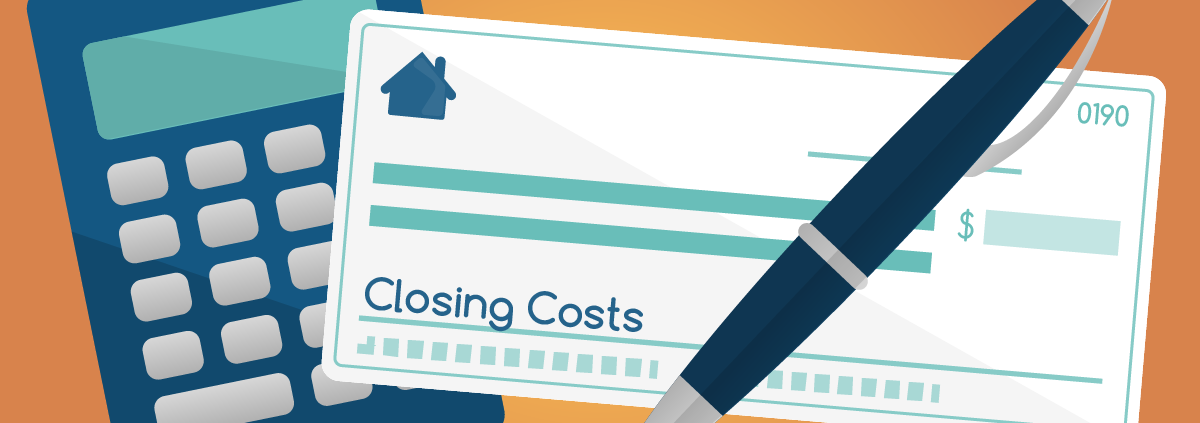What Are Closing Costs For Sellers In Boston?
If you’re considering selling your home in Boston this year, you may be wondering what the fees are that you’ll be required

to pay at closing. In a real estate transaction, both buyer and seller are responsible for paying different closing costs.
So, what are closing costs?
- Commissions – Commissions vary somewhat, but a typical commission is between 5-6% percent of the sales price of the home. This fee is split between the listing agent and the buyer’s agent.
- Attorney fees – In Boston, we always recommend a seller hire a local real estate attorney. These fees also vary but are usually a flat fee. Most local real estate attorneys we work with will not charge you by the call, hour, email etc. Fees typically start around $750. We can happily refer you to some great local real estate attorneys.
- Loan Payoff – The loan payoff will often be a little higher than the remaining balance on your loan because of pr
orated interest. Your attorney will work with you and the bank to obtain a payoff statement, In some cases, you may have to pay a prepayment penalty for paying off your loan before the end of the term. If you have a home equity loan or line of credit, this must be paid in full at settlement as well. - Transfer taxes – This is also referred to as a transfer tax, deed stamp or excise tax. Throughout Massachusetts, home sellers must pay a tax on the property they are selling and it varies by County. In Boston, Suffolk County, the tax is $4.56 per thousand of the purchase price on the deed. For example, if your sale price is $650,000, then you’re looking at a $2,964 tax bill.
- Smoke Inspection – In Massachusetts, all homes are required to have a smoke inspection and certificate of compliance before closing. It’s the seller’s responsibility to make sure the home is up to Boston’s current standards. The
fee for Boston Fire to inspect a condo is $50. We can help to ensure your home is compliant and arrange for the inspection. - Misc fees –
- 6D & Condo Questionnaire: If your condo is part of a professionally managed association, the management company may charge you fees to produce both the condo questionnaire (required by the buyer’s bank) and a 6D (required by the attorneys to close). The fee for each document varies by management company, it’s best to check with them directly. If your home is not professionally managed, then the trustee or another member of the building’s HOA will be asked to complete both prior to close. We’ll help guide you/them through the process/timeline. A seller cannot fill out the documents for their own sale.
- Courier costs, recording fees, mailing costs, deed prep (if not already covered by the attorney). These can u
sually add up to a few hundred dollars. - Final Water – In a recent condo transaction, a buyer’s attorney required that we obtain a final water/sewer bill from Boston Water & Sewer prior to closing. This is rare and almost unheard of in Boston, almost all HOA’s pay the water and sewer expenses out of the monthly HOA fee. The cost for this is $25.
Closing Costs –
- Single Family homes – Title V: We almost never see a septic in the City of Boston because most homes are tied intoBoston Water & Sewer. However, they’re very common outside of Boston. A seller must produce a passing Title V for before closing. In many cases, it’s best to have this done prior to listing your home so that you can produce the report for the buyers and aren’t caught off guard if any part of the system fails. A buyer obtaining a loan cannot close on a home without a passing Title V.
- Final Oil Bill: A final oil reading must be done prior to closing. You will be reimbursed for the remaining oil left in the tank.
This is only be meant as a guide, fees may change depending on the sale of your home. It’s important to keep an open dialogue with your agent and attorney throughout the process. Don’t be afraid to ask questions!







